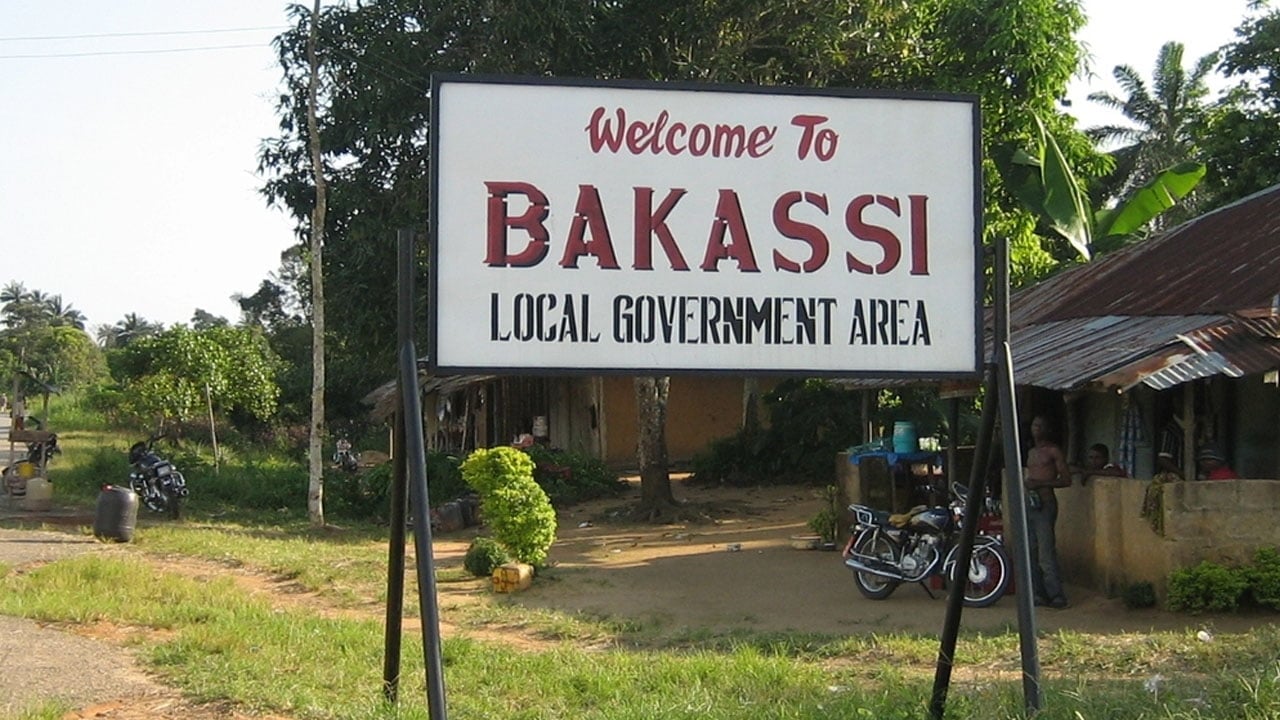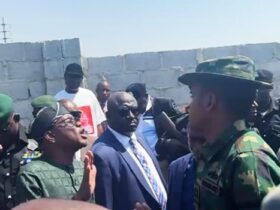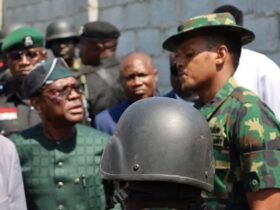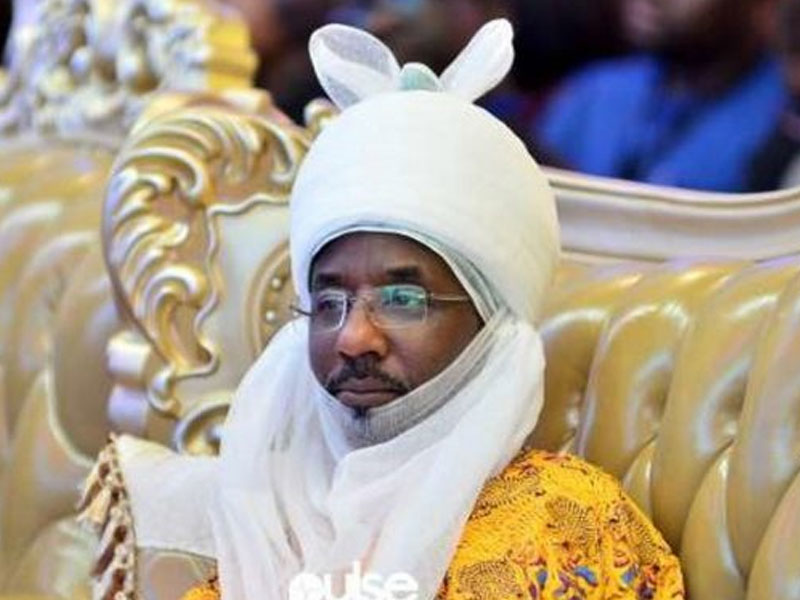Tension Rises as Bakassi Leaders Clash with Cross River Assembly
The ongoing dispute between the Indigenous Displaced People of Bakassi Communities and the Cross River State House of Assembly has taken a heated turn, with accusations flying and tensions mounting. At the heart of the controversy is the claim that Bakassi leaders, including former LGA chairman Chief Amboni Iyadim, committed a treasonable felony by submitting a petition to President Bola Tinubu.
Why Are Bakassi Leaders Protesting?
The primary grievance of the Bakassi community is the alleged marginalization of their local government area (LGA). According to Chief Okoi Obono-Obla, counsel to the Indigenous Displaced People of Bakassi Communities, the major concern is that Bakassi is being treated as an appendage of Akpabuyo LGA. Their financial allocations, he claims, are being spent in Akpabuyo rather than being used for the development of the actual Bakassi communities.
The petition sent to the President was aimed at seeking a settlement for the displaced Bakassi people, but Obono-Obla argues that its purpose has been deliberately misinterpreted by critics.
Assembly’s Reaction Sparks Outrage
The Cross River State House of Assembly swiftly condemned the petition, calling it a “complete misnomer and facade.” The Assembly went further, threatening to arrest Iyadim and other leaders for what they deemed an act of treason.
Obono-Obla, however, fired back at the Assembly’s resolution, calling it “outrageous and inconceivable.” He urged the lawmakers to reconsider their stance and support the displaced Bakassi people instead of suppressing their legitimate demands.
“We urge the House to reverse its stance and stand in solidarity with the hapless Displaced People of Bakassi. History will judge the House harshly if it fails to act,” he stated.
The Legal Angle: Supreme Court’s Ruling
A key legal argument in the dispute is the Supreme Court’s ruling in INEC vs. Asuquo and Others on February 23, 2023. The judgment invalidated Cross River State Law No. 7 of 2007, which had created new wards in Akpabuyo to form New Bakassi LGA. Obono-Obla pointed out that the ruling emphasized the Assembly’s power to adjust boundaries, not create wards.
He further accused the Assembly of ignoring the illegitimate positioning of Bakassi’s headquarters in Ikot Effiom, Akpabuyo, instead of Abana in Dayspring Island, which he described as the rightful capital of Bakassi LGA.
Speaker’s Response: ‘Abana Is No Longer Nigerian Territory’
Speaker of the Assembly, Elvert Ayambem, defended the decision, stating that Abana was ceded to Cameroon in 2002 under the Green Tree Agreement, following a ruling by the International Court of Justice (ICJ). He argued that using Nigerian resources to develop Abana would mean investing in Cameroonian territory, which would be to the detriment of the Bakassi people.
Political Divide Over the Petition
Hon. Eyo Bassey, who represents Bakassi State Constituency, also distanced himself from the petition, stating that he was not consulted before it was submitted. He emphasized his commitment to working for the welfare of the Bakassi people through constructive engagement rather than political agitation.
What’s Next for the Bakassi People?
The standoff between the Bakassi leaders and the Cross River Assembly is far from over. With accusations of treason on one side and claims of injustice on the other, the struggle for proper representation and fair resource allocation continues. Whether the House will reconsider its stance or double down on its position remains to be seen, but one thing is certain—the voices of the displaced Bakassi people are growing louder.
















Got a Questions?
Find us on Socials or Contact us and we’ll get back to you as soon as possible.